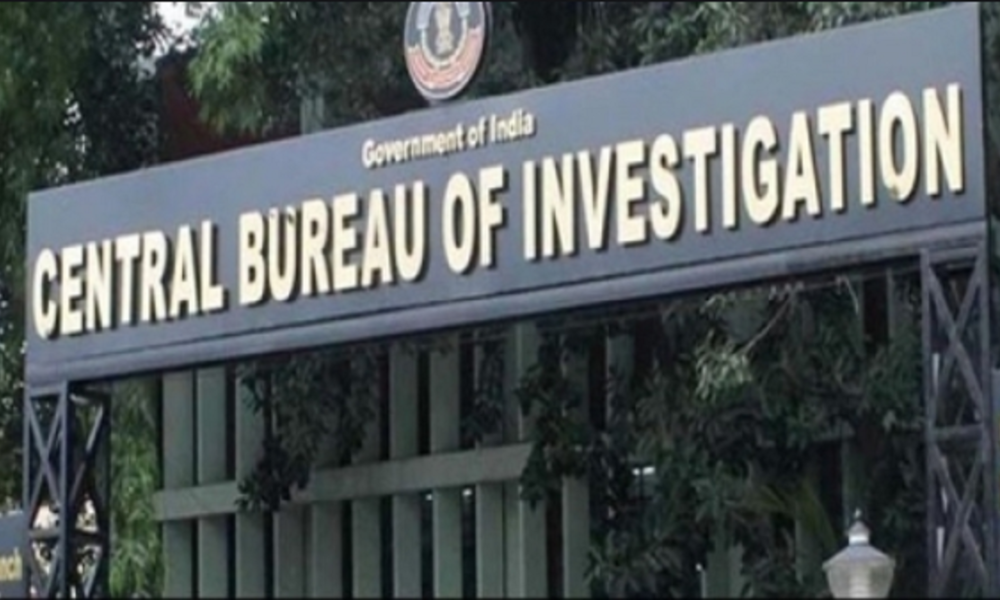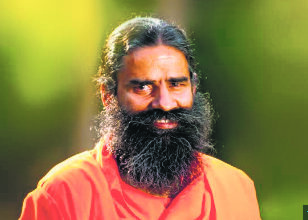State Police and Central Bureau of Investigation (CBI) both distinctive entities that were regulated through the Police Act, 1861, and the Delhi Special Police Establishment Act, 1946 respectively. State Police falls within the subject of the state government due to which different states have their own way of regulation of state police. Some state follows and regulates as per the Police Act, 1861 that was enacted and enforced by the Central government whereas, some of the states bring their own laws for the regulation of State Police.
In the year 1963 a resolution passed by the Home Ministry in order to amend and rename the already established ‘Delhi Special Police Establishment’ as Central Bureau of Investigation when the government feels the dire need of a proper and specific agency which is totally inclined towards the investigation process related to the corruption matters of the government agency.
State Police vs CBI:
Separation on matter’s Jurisdiction This article specifically talks about State Police and CBI so without entangled in the difference between State Police and Central Armed Police Force and why there is a change in name of Delhi Special Police Establishment, we will deal with the matter’s jurisdiction of both separately.
State Police as mentioned above that it is a subject of State Government so it particularly inclined and involve in dealing with the local matters i.e. Maintenance of law and order, Investigation related to crimes and other pertinent issues in that particular state jurisdiction. State Police is not more involved in others matters like terrorist attack, large-scale riots and other serious offenses because Central Reserved Police Force specifically trained for these matters to deal with minimal devastation.
As per 2015, report of National Crime Records Bureau over 73 lakh complaints have been filed for the cognizable offenses where there is no requirement of a warrant for investigation and also as per the data of Commonwealth Human Rights Initiative there is a gradual increase in the number of state police forces (1951-2011).
Whereas, Central Bureau of Investigation (CBI) from the beginning established with the purpose of tackling the cases of corruption in Public sector but after the globalization with the emergence of more and more private sector undertakings the jurisdiction of dealing with corruption based matter extends up to the private sector also. This jurisdiction extend more when a five-judge Constitution bench of Supreme Court held that the higher judiciary can direct CBI to indulge themselves in the investigation process on public order, safety, police which falls within the ambit of the state government without its consent. Currently, CBI deals in almost 8 different matter’s jurisdiction.
The recent news of Sushant Singh Rajput case that CBI will handle the suspicious case of death of SSR and this is totally on the direction of Supreme Court to take up this serious case that is also raising question on the investigation done by the State Police and to solve this long going mystery.
CBI Dispute:
A Controversial and Noteworthy Matter On 23rd October 2018, the Central Vigilance Commission (CVC) passed an order divesting Shri Alok Kumar Verma, Director of CBI of the powers, functions, duties and other supervisory role vested in him as the Director of the CBI and Central government stand by the decision of the CVC and make Shri Alok Kumar Verma deprived of the rights vested in him as the Director of CBI.
In against this order of CVC and Central government, two petitions were filed in Supreme Court one by Alok Verma itself and another one by the NGO (Common cause) challenging the order of the Central government. The Supreme Court on 8th January 2019 in the case named Alok Verma v. UOI and Common cause v. UOI, quashed the orders issued by the Central government of divesting the CBI Director, Mr. Alok Verma, of his responsibilities and reinstate him as the Director of Central Bureau of Investigation (CBI).
State Police vs CBI:
Right to Denial of Right to Information Right to Information an enactment made by the Parliament of India which gives immense and valuable power to the citizens of India to receive information by following some procedure from the governmental bodies or setup. But like everything it has also some exceptions and one of them is in the case of CBI.
Central Bureau of Investigation got some privilege of not disclosing their any kind of information whether it is related to corruption matter, public order or any other types to the public and also there is no application of RTI Act, 2005 on CBI. The question here arises why CBI is exempted from disclosing their information to the public?
The reason behind this is simply that it is exempted to secure National interest and National security from any kind of threat due to disclosure of significant information in public at large. Whereas, if we talk about the denial of the Right to Information in the context of State Police there is no such exemption made to them and even no privileges available on their part. The Public has full right to get information regarding the investigation or any other related matter and no one can stop them from doing so.
Conclusion :
After the resolution passed and the Delhi Special Police Establishment transform in the Central Bureau of Investigation, the CBI came into highlight and overcome as a separate body that has power to control all the corruption related cases in beginning and later in other issues with the wider jurisdiction. State Police since from the very beginning particularly attached with some fixed matter’s jurisdiction and controlled effectively to deal with the minimal state level matters in different way by each state government.
Different pronouncement of judgment by the higher judiciary authorities makes it more effective and supreme agency in dealing with different subject matter and some of the exemption like, RTI helps CBI to emerge on a larger scale without any interruption and paves way to act as ‘interpol’. Many times CBI faces a lot of criticism or words against them but all these criticism paves way to the better handling of different arena of cases in upcoming times.























